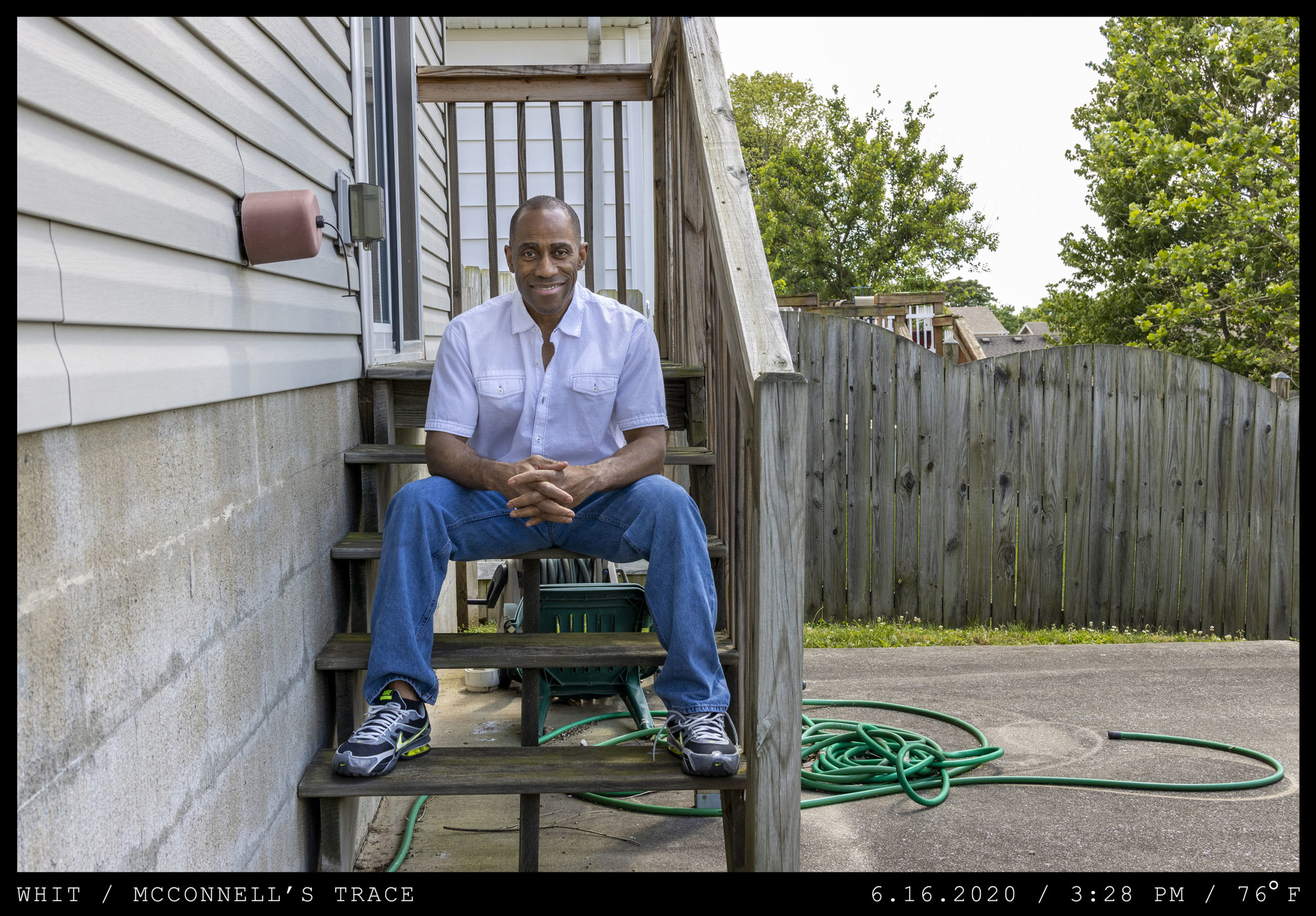Whit Whitaker is the Executive Director of the Lyric Theater. He is an independent concert soloist and frequently performs with the Kentucky Bach Choir, The American Spiritual Ensemble, and The Lexington Singers. He is the lead singer and percussionist for the band The Mercy Men, and a staff singer/soloist for The Episcopal Church of the Good Shepherd. He also performs with Message Theatre.
An Artist’s Perspective During the COVID-19 Era
The ides of March, like Norrin Radd heralding the coming of Galactus, ushered in a new era of indebtedness, death, and destruction—a plague of debt and death the likes of which Caesar had never known—which we will all remember for years to come. In Kentucky, March 2020 came in like a lion bearing the cold winds of the Coronavirus on the heels of unpredictability and will likely choose not to leave like lamb as winter slowly encroaches. COVID-19 has changed life as we knew it and as we all wade in the water of a sea of financial despair, it has demanded that the world learn to be more creative in order to survive. Welcome to the life of an artist.
Following 20 January 2017, I was tearfully asked by many white people, “How come you are so calm? Why are aren’t you upset?”—to which I replied many times over, “Welcome to my world. This climate is nothing new to African Americans.” Thus to wit I offer, this is nothing new for artists who have to struggle daily to engineer creativity while constantly trying to endear public support and awareness in a political climate of declining funding for the arts and arts education. The presence of COVID-19 is just another roadblock in a foggy forest enroute to artistic creativity.
I applaud funding organization like LexArts, Inc. for recognizing the dire straits that artists and arts organizations are facing and their efforts to advocate by sharing information and providing funding and/or funding sources. Unfortunately, with the onset of staff layoffs, closing doors, locked venues, canceled performances and exhibitions, loss of individual artist and organizational revenue, and the migration of people indoors for the necessary sake of individual and public safety, we are fighting an uphill battle for survival. We are in a state of emergency as we accumulate more losses than gains against a backdrop of empty streets and inactivity that resembles a zombie apocalypse. However, even in despair and hopelessness, there is hope as artists and arts organizations fight to rise like specks of black pepper in the midst of an overwhelming quagmire of salt grains. We are thinking outside of the box. We are meeting on the neutral grounds of the virtual environment. We are finally starting to meet regularly to discuss, share, lament, and collaborate, even more so than before.
Artists and arts organizations are realizing that we are all in this together. We need each other’s support in order to survive, especially arts organizations because the closing of arts organizations will deeply affect individual artists and the community at-large if there is no support from artists and non-artists alike—financial and otherwise. The struggle is real and it’s going to take real commitment, collaboration, and cooperation by the public and the arts community to survive so that we can continue forwarding the arts agenda and sharing the benefits and joys that the arts bring to all of our lives. It’s going to take some sacrifices to navigate and avert artistic annihilation—or at the very least the prevention of political stifling of our creative gifts and offerings under the subterfuge of viral unpredictability. There can be a silver lining if we are willing to become cosmic surfers like Norrin Radd. The arts have value. Don’t allow anyone to tell you any differently.”
Audio Transcript
My name is Whit Whitaker. I’ve lived in Lexington, Kentucky for more than 25 years.
The America that I live in today is not the America that I want to live in. However, the America that I live in has been set forth by the actions of the founding fathers who put in institutions and hierarchies to act and respond exactly in the way that they do.
The America that I want to live in is one that is courageous, one that is honest, one that is truthful, one that is not fearful of its past but readily acknowledges this past, looking forward to a future when the words inscribed by the founding fathers that “all men are created equal” can be applied not only to white men but to every human being in this country, no matter race, color, creed, orientation.
The America that I want to live in is an America that celebrates everyone for its individuality and accepts everyone as part of the whole.

